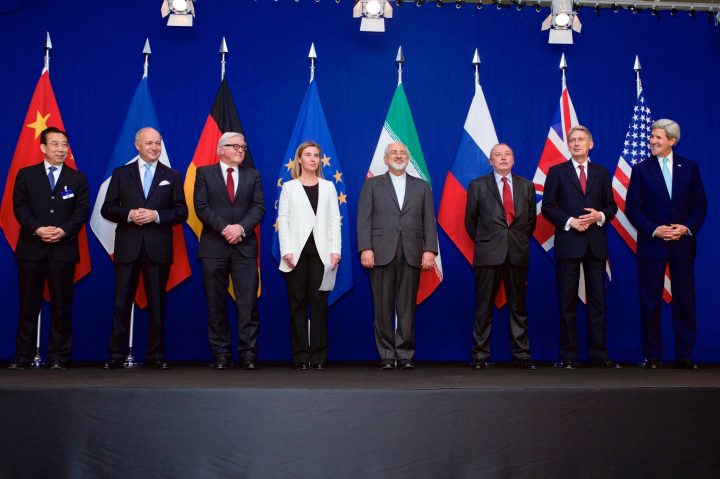The Joint Comprehensive Programme of Action (JCPOA) is a demonstration of how well diplomacy can work. It is an example of the power of multilateral approaches to nuclear weapons that, by necessity involve a range of actors, including those who do not have nuclear weapons.
The International Campaign to Abolish Nuclear Weapons (ICAN) is a coalition of non-governmental organizations in more than one hundred countries. By harnessing the power of the people, we work to bring an end to the most destructive weapon ever created – the only weapon that poses an existential threat to all humanity.
The JCPOA, like the Treaty on the Prohibition of Nuclear Weapons, reflects the urgent global imperative to eliminate nuclear weapons and the grave threat they pose. President Trump’s attempt to disrupt the Iran deal, despite the fact that the IAEA has repeatedly certified that Iran is complying with its terms, is a jarring reminder of the immense nuclear danger now facing the world and the urgent need to eliminate these weapons.
The Treaty on the Prohibition of Nuclear Weapons offers a pathway towards eliminating this existential threat to humanity. It is supported by more than two-thirds of all UN Member States. The treaty is a response to the ever-deepening concern of the international community that any use of nuclear weapons would inflict catastrophic, widespread and long-lasting harm on people and our living planet.
The treaty strengthens nuclear nonproliferation by establishing an explicit norm, based on international humanitarian law, that nuclear weapons are an illegitimate means for seeking security, regardless of who possesses them. It recognizes that there are no ‘good’ and ‘bad’ nuclear weapons; in the words of Ban Ki-moon there are no right hands for the wrong weapons. President Trump’s rejection of the JCPOA is an incitement to proliferation, makes achieving further agreements to rein in the nuclear threat more difficult, and increases global risk.
This is a time of great global tension, when fiery rhetoric could all too easily lead us, inexorably, to unspeakable horror. The spectre of nuclear conflict looms large once more. If ever there were a moment for nations to declare their unequivocal opposition to nuclear weapons, that moment is now. All states should sign and ratify the Treaty on the Prohibition of Nuclear Weapons, a responsible action that supports nuclear disarmament and strengthens nuclear nonproliferation.










